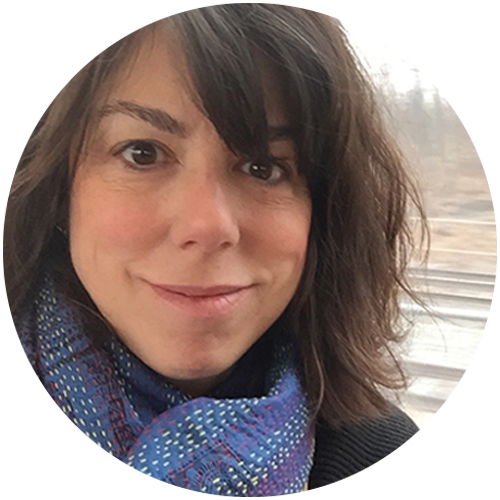On the Angst of Travelers
I was in northern Hungary, and I needed a break from my traveling partner. After weeks together, we strained under the expectations we laid on one another.
I saw the town name Egerszólát next to an arrow pointing west on my map of Eger. In my Lonely Planet, I scoured the chapter and the author noted only that it was a quaint wine town. That was the only reference. No dot marked the location of the town, just an arrow at the map’s edge: 13 kilometers west.
I decided to walk there. My travel partner decided to spend the day sightseeing in town.
I didn’t get a different map. I didn’t check my GPS on my smart phone because I hadn’t paid to have my phone work abroad. I didn’t ask for directions.
The arrow would suffice. I wanted to feel the pavement under my feet; I wanted to feel like an explorer, I wanted to feel the magic of being somewhere foreign to me.
At breakfast I pocketed a roll and an apple and tucked them in my backpack.
I walked to the edge of town and checked the map. I matched the curve in the road to the curve at the edge of the map. Same enough.
A narrow shoulder banked one side of the two-lane road paved for roadsters, not sports utility vehicles. I walked. A man in shorts and no shirt traipsed out of the woods. He was bearded and if I had been in a California mountain town, I might have thought him a marijuana farmer or a serial killer. But I was in Hungary, a place unfamiliar to me; I smiled and nodded hello.
I walked. It was a lone stretch of road. The forest gave way to fields of grapevines. I didn’t see many signs. I did see farmhouses speckling the horizon. I didn’t see other walkers. Still, I wanted to see this offshoot town described as quaint, yet not worth a description or a dot.
A car stopped and backed up toward me. A woman rolled down the window. “[Insert Hungarian words I don’t understand here.]”
I shook my head and pointed forward.
She smiled and gestured at whom I presumed to be her husband. They looked so much older than I was at the time, but now thinking back, they just looked so much more content.
The man leaned over the woman with a familiarity that confirmed a partnered intimacy. “[Insert more Hungarian words I don’t understand here.]” Yet with the inflection, the message was clear: What the hell are you doing walking along the road by yourself?
They sped away.
I walked.
By accident, I followed a sign that said Egerszalók, lazily seeing the beginning of the town name and not the slurry of letters after. My first detour. I pulled out the guidebook, but I was beyond the edge of the map. I retraced my steps best I could.
This was the first time anxiety filtered into my consciousness. Still, I walked. What else could I do? I was on a country road. There was no cab to hail. No bus to take.
I passed fields of sunflowers yielding from the sun. Their heavy heads hanging down, the centers browned as if they could no longer stand the summer heat.
I was hot too. My jacket was stuffed in my backpack. Sweat dripped to my tailbone. I hadn’t seen a sign for Egerszólát in several kilometers. My water was running low.
Panic began to set in. Under the bright blue sky, I was alone and no one in the world knew where I was. Even my travel partner hadn’t asked. I breathed. The sun fed me. I could knock on a farm door and utter Eger with a question mark. I had passed a church. Someone there might help me.
I knew as a woman closer to middle aged than not, I didn’t pose a risk to anyone.
I kept going.
And then I saw the road sign with an arrow. Egerszólát. Within an hour, I wandered into the town of low-lying homes nestled into a hillside. They were stucco and small. I happened upon a square and unadorned pink building, like one you might find in the flats of south Los Angeles. It was purposeful; it was not quaint. A store. I bought homemade sesame candy from a woman who didn’t smile.
I continued walking. Everything was closed. This was a weekend town and it was a Wednesday. I stood in front of a winery and looked up and down the road. I contemplated walking further into the foothills. What would the next town look like?
Someone tapped my shoulder. I screamed.
It was a sturdy woman with black hair, remnants of a platinum dye job on her ends. She beckoned me into the winery. There was a red tiled floor and a hearty wood bar reminiscent of a pub in England. She poured me a glass of wine and offered me a seat on the patio. I accepted. I couldn’t understand much of her Hungarian. But she smiled when I said where I was from. I smiled when I understood it was her family’s winery.
She offered me cheese to go with my roll. I sipped my wine. I breathed free, freer than I had felt in weeks. What did that next town look like? I wondered.




